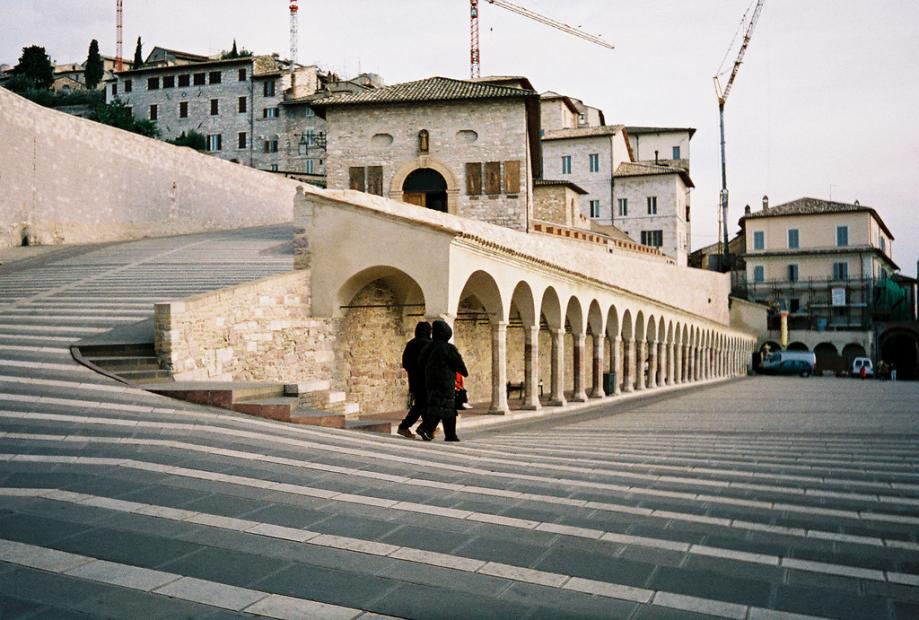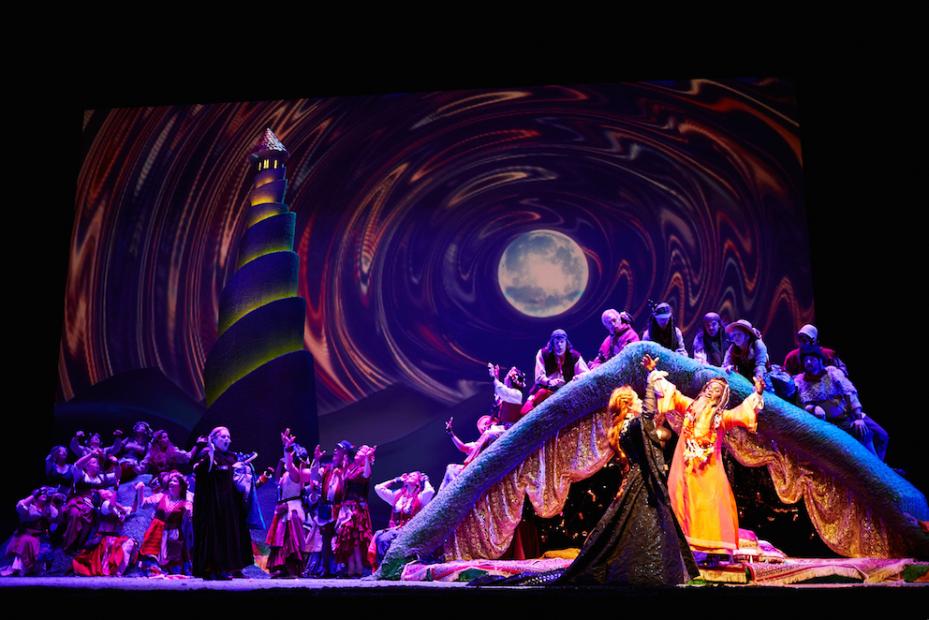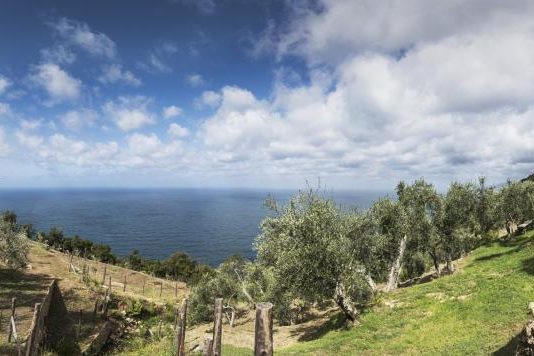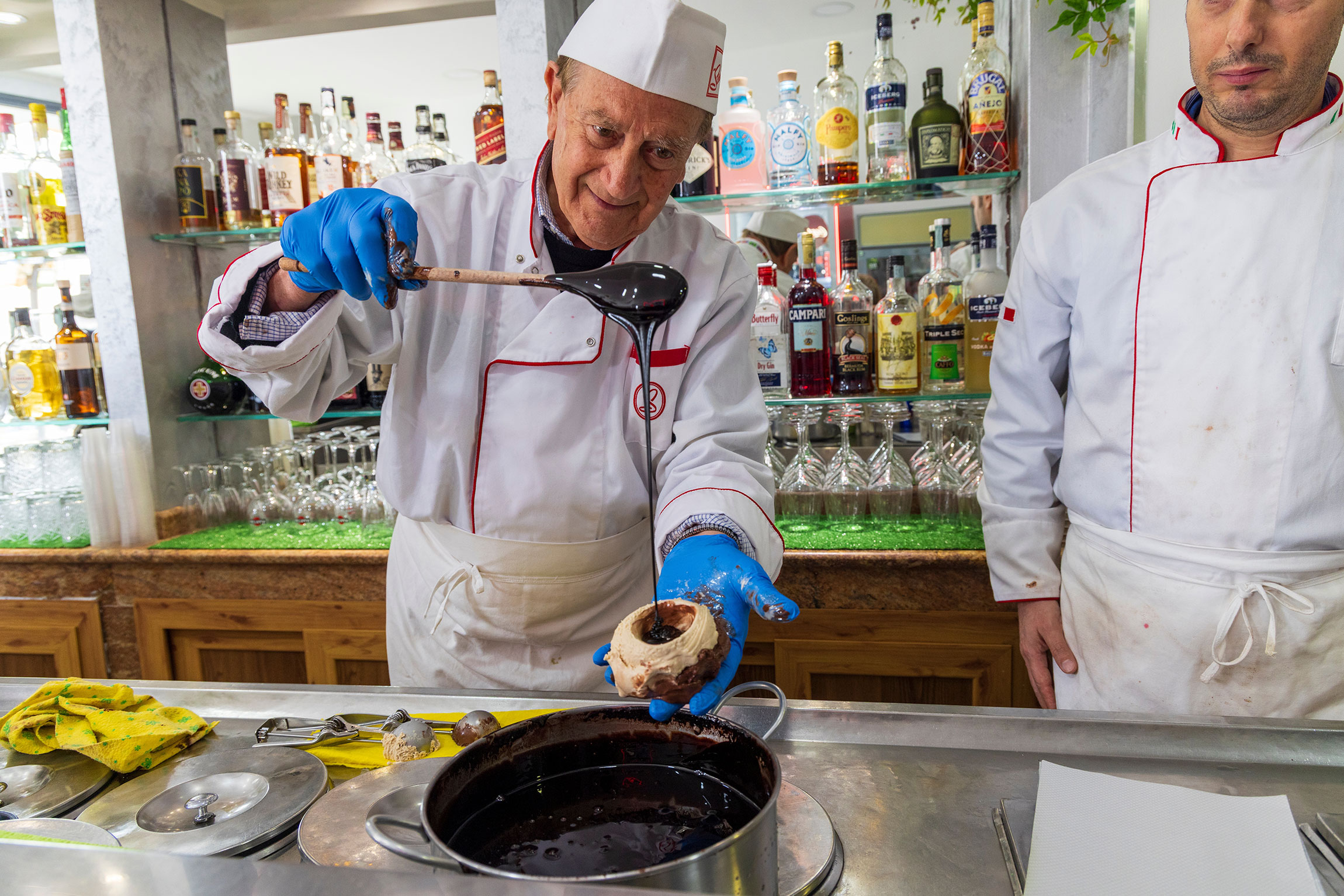The Teatro Regio in Turin just finished presenting its great summer opera lineup. They presented La bohème in early July as part of their Best of Italian opera series, which also included The Barber of Seville, La traviata and Norma.
A couple of things distinguish the opera experience in Italy from the standard opera experience in the US. The performance of La bohème in Turin presented Italy’s advantages well! First, there was a mixed-age crowd with plenty of younger attendees and enthusiastic chatter about the opera at the intermission, as opposed to the usual chatter one hears in the US, which is just as likely to be about sports, the events of the day, or some other non-opera related topic. Also, the applause for the arias in Turin was supremely well-timed and did not interrupt the performers; the appropriate expression of bravo, brava or bravi always complemented the applause.
It was especially nice to have a lead role sung by an Italian with magnificent diction like Stefano Secco, who interpreted the role of Rodolfo, a role he has performed quite often. On opening night Stefano received a stirring round of applause and a chorus of bravos from the capacity crowd after his first aria as well as generous applause at the end of the show as part of the cast. After the performance, he graciously consented to a short interview where his remarks were very candid, passionate, and insightful.
What changes do you bring to the role of Rodolfo now that you have become so accustomed to performing it?
There are so many changes. Rodolfo was the first role that I ever interpreted. My debut was in Parma and 2000 I performed there again in 2000. By then I had performed in La bohème at least once per year, maybe twice per year, for fifteen years. I realized that during that span of time I had experienced so many different directors and conductors with so much variation. I would say that I always try to find new solutions, to improve upon the areas I find deficient, and above all to improve upon my past performances. I would say it is very much a work in progress.
And this evening? What was different?
This evening was special. It was particularly hot and that aspect permeated the performance. It was not only me who felt that effect; the heat had an effect on the whole cast. So, we did things a bit differently, and it worked incredibly well. For example, we made some adaptations in the duet with Mimi, while quite effortlessly following each other’s cues.
From your perspective, what is different when you perform in Italy versus abroad?
The biggest differences I find are in the staging of the opera. But there are exceptions. I performed the same production five times in Paris, for example the one by Jonathan Miller that was created in Florence. It felt just like performing in Italy! But, sometimes foreign productions take license with their productions that are inconsistent with the libretto. I have also seen an example where they chose to slow down a particularly agitated musical moment, but that change meant that the music didn’t correlate particularly well to the performer’s actions. There is definitely a place for experimentation. I like to try everything within the limits of feasibility. I always try to add a bit of myself to each performance and I believe that I tend to express myself best with a more traditional Italian production.
What is the best thing about performing in Italy?
I find that with Italians I may have a more natural affinity, but as I mentioned earlier, the wonderful thing is that music is so universal. I have often found while working with foreign directors and conductors that there was absolutely no need to explain myself in words. Gestures and eye contact sufficed to give meaning. That special connection that music provides is something beyond us. We try to reach it, but it evades us.
What are your most vivid recollections of your first performance of Rodolfo?
My first performance of Rodolfo was during a couple of performances of La bohème when I was part of the second cast, which was essentially my debut. I was hurled onstage to perform in the debut and after my aria there was such magnificent applause. The audience in Parma is not known for being particularly easy to please. They gave me such a long applause after the aria that it made a strong impression on me. It was like a dream. But when I reflect on it, each and every performance is like a dream.
You mentioned that you were exposed to opera at a young age. How do you think that influenced your career?
It is absolutely everything! When you learn something as a child, it is like a game. When you are young, you can’t possibly imagine that this wonderful game could become a career. Of course, as an adult you have to take it seriously. But, life has given me this generous gift of letting to do what I love.
When you have time off, what do you do to relax?
Music always relaxes me. I don’t just listen to opera. I listen to everything. Since I used to play the drums, that informs my choice of music and consequently I have a wider interest in music. Especially lately I like to listen to Bossa Nova in the morning. Unfortunately, I am so often onstage that when I have a chance to take a break, I try to do absolutely nothing, to truly relax. When I listen to music, it is like a meditation.
Anything else to add?
Yes. They say that behind any great artist there is also a great woman. Not that I am implying that I am a great artist, but I certainly do have a great woman. During my career I have found comfort in music and now I also find comfort in my wonderful companion. These are two fundamental aspects of my success in music and in life.






























